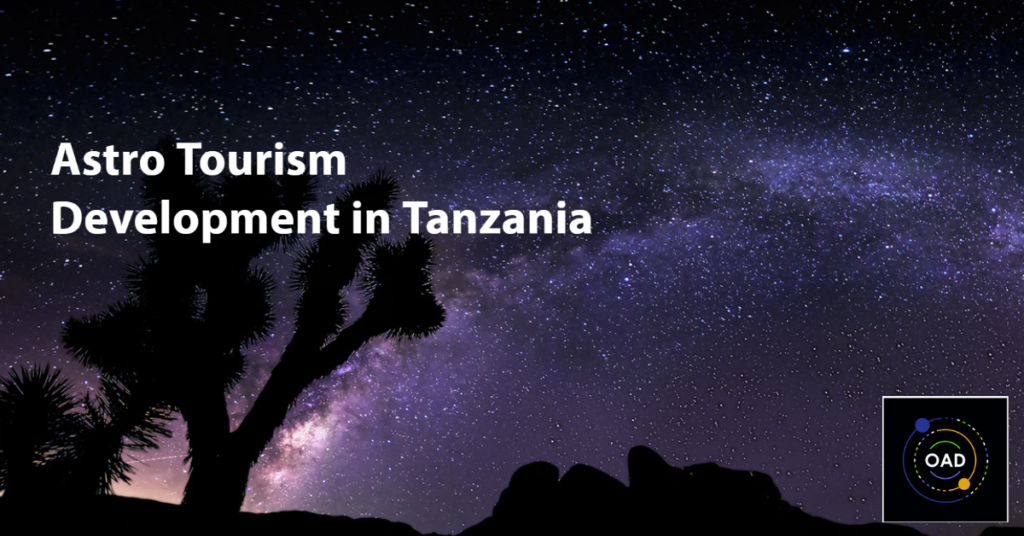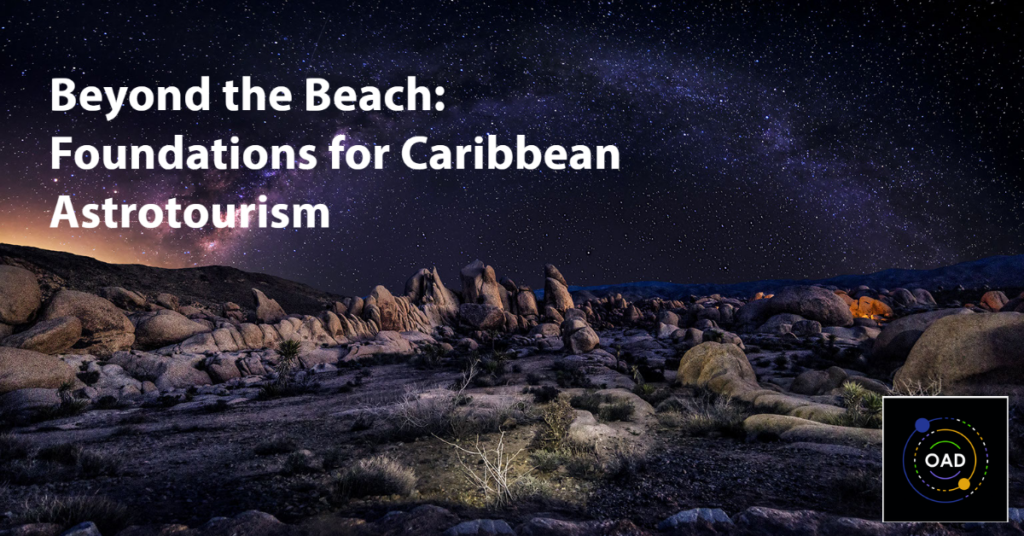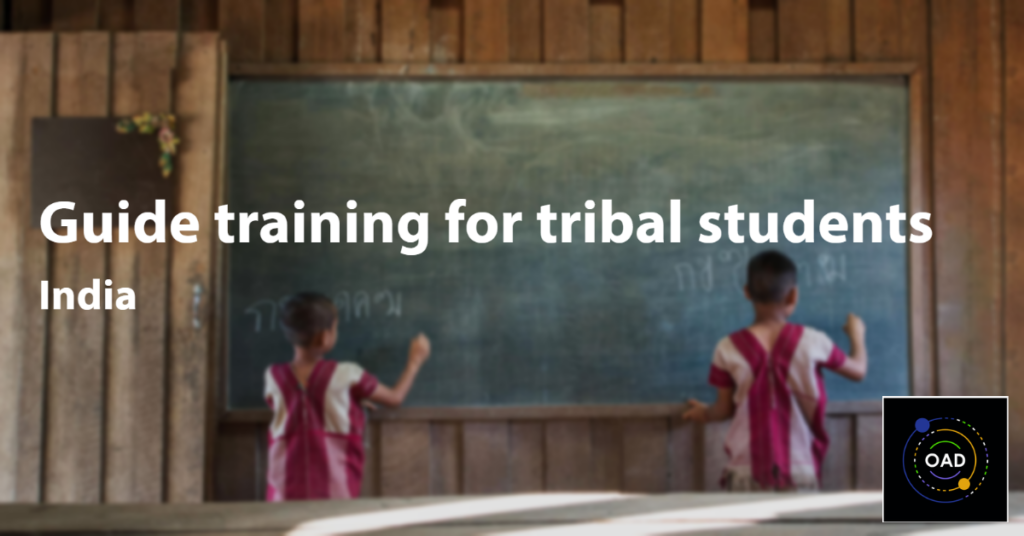Tourism is a leading source of revenue for the Tanzanian Government (17% GDP, 25% foreign exchange). Basically, one-third of the country hosts dark skies in game parks and nature reserves; and geographic location near equator allows 90% of the night sky to be seen between dusk and dawn; and 16-ton Mbozi meteorite in Mbeya can […]
Author Archives: Ram Venugopal
The United States Virgin Islands are an underdeveloped US territory whose local economy depends on tourism. That industry was devastated by Hurricanes Irma and Maria in 2017, and the slow recovery was halted by the COVID-19 pandemic. Tourism tastes are changing, with younger generations more likely to be interested in local, ethical, and unique experiences, […]
The project aims to develop an ‘earn & learn’ opportunity for economically backward tribal students who will be trained as astronomy guides. This will be achieved through an appropriate online course & a unique networking platform. Key target groups – Guides (Primary)- 9th to 12th Std tribal students of Eklavya Model Residential Schools run by […]
Throughout the world, every individual has the right to an education to learn and know something. Therefore, the Malaysian government introduced the preschool program back in 1980. The preschool provides children aged 4 to 6 with an opportunity for early education. Astronomy in early childhood curriculum is meant to increase involvement and interest in learning […]
The project inspires students by providing an opportunity for them to do research on remotely accessed telescopes which they would otherwise not do because of lack of astronomy infrastructure at their African universities. There is often scarce funding for start-up training programs to build capacity to implement the practical component of the designed curricula. In […]





